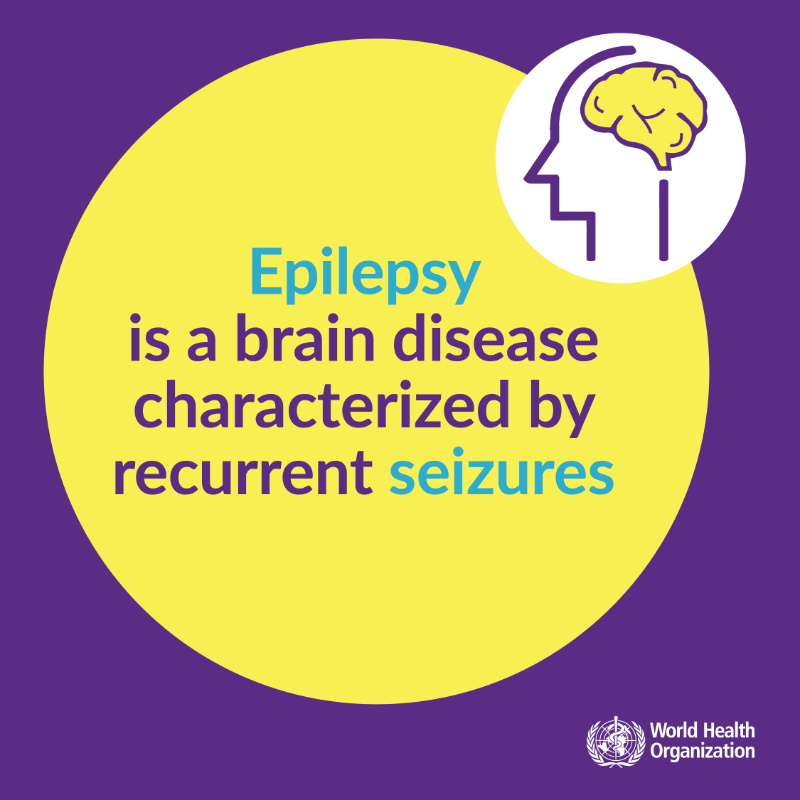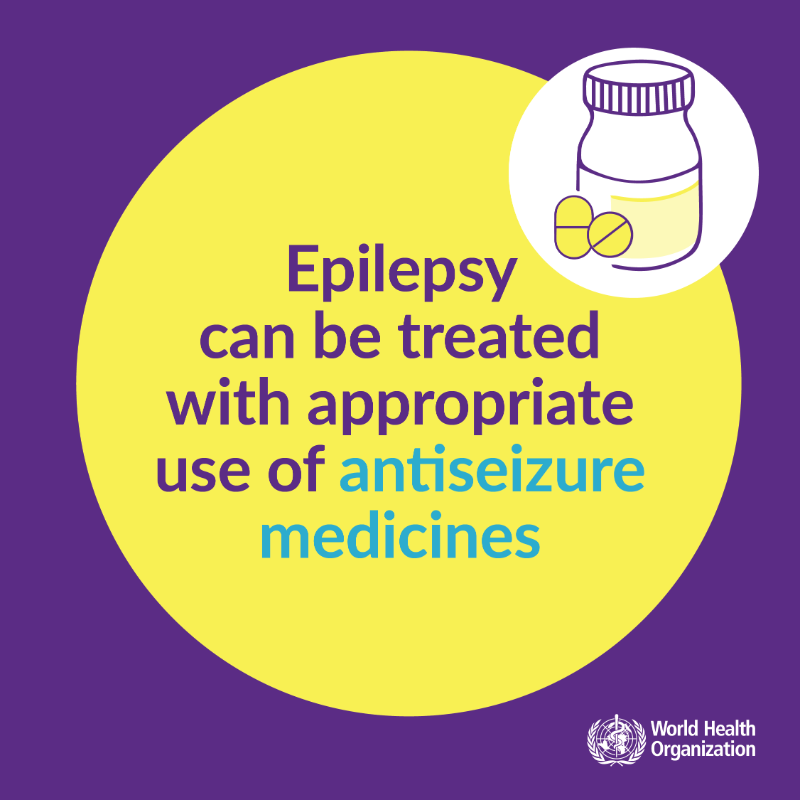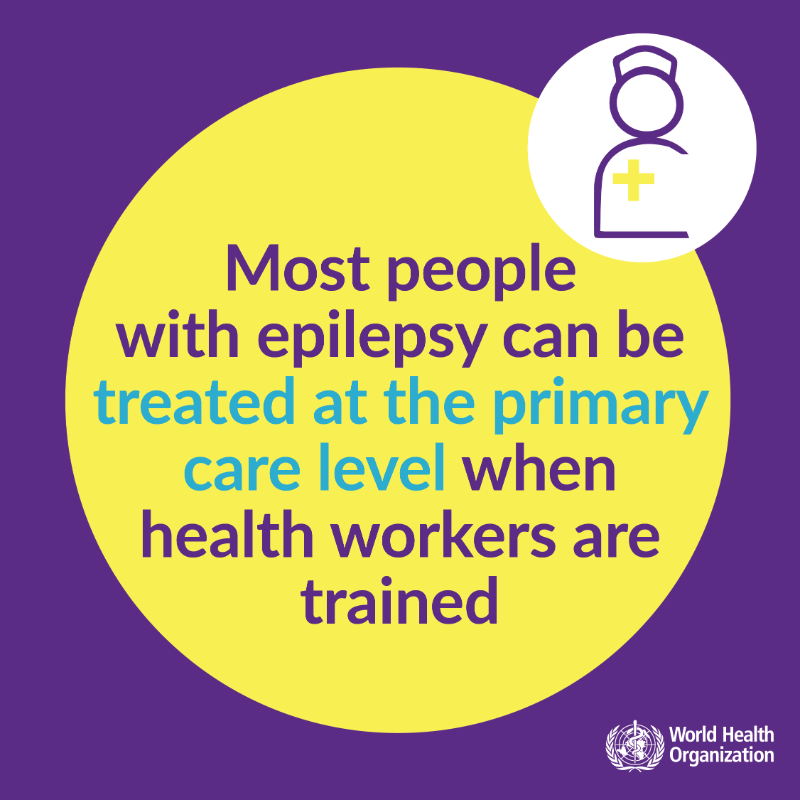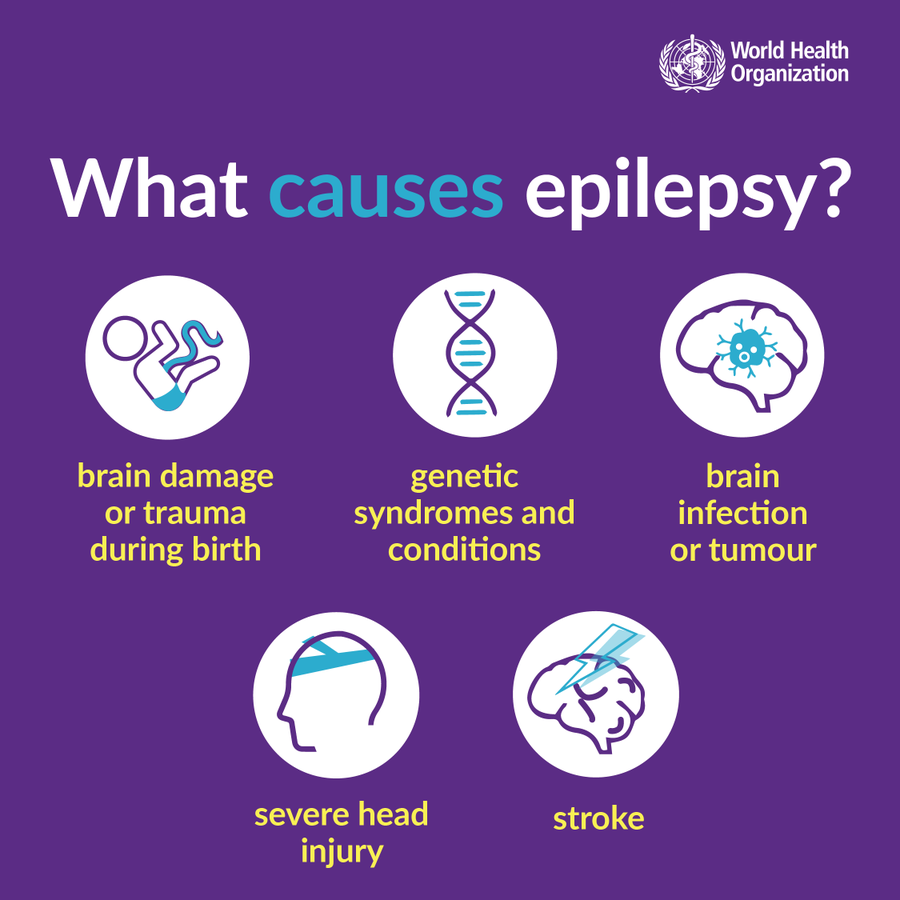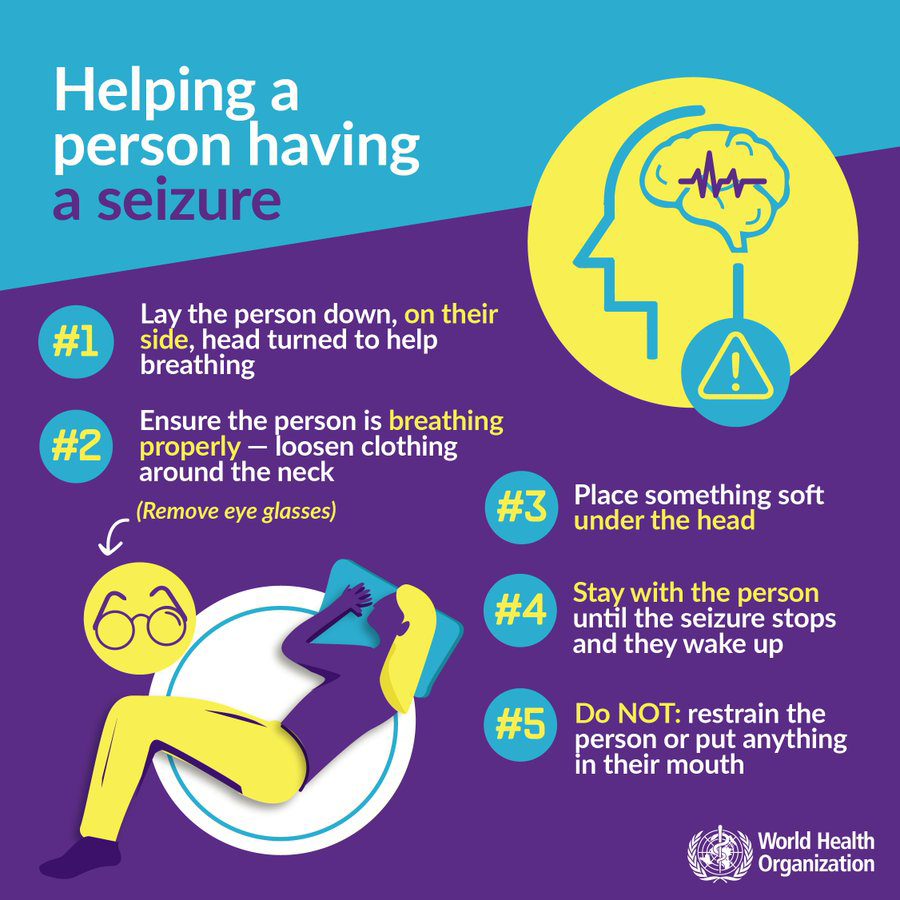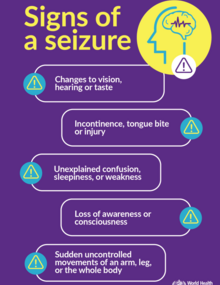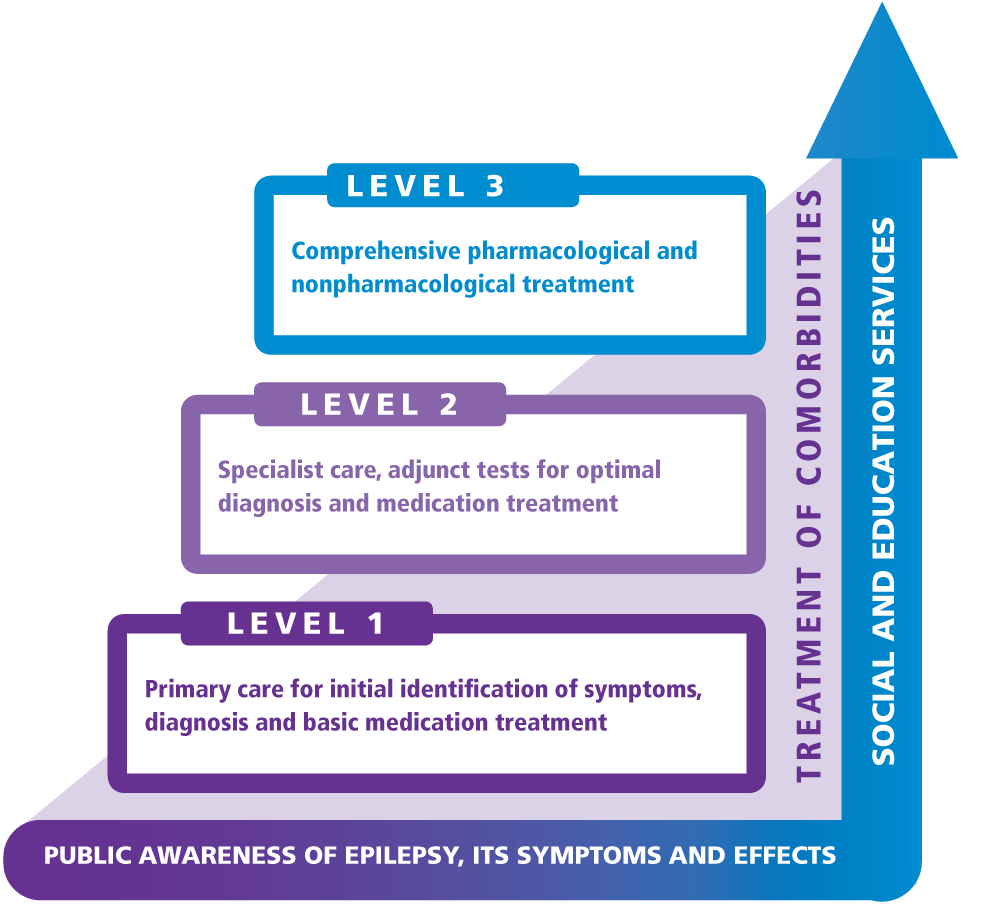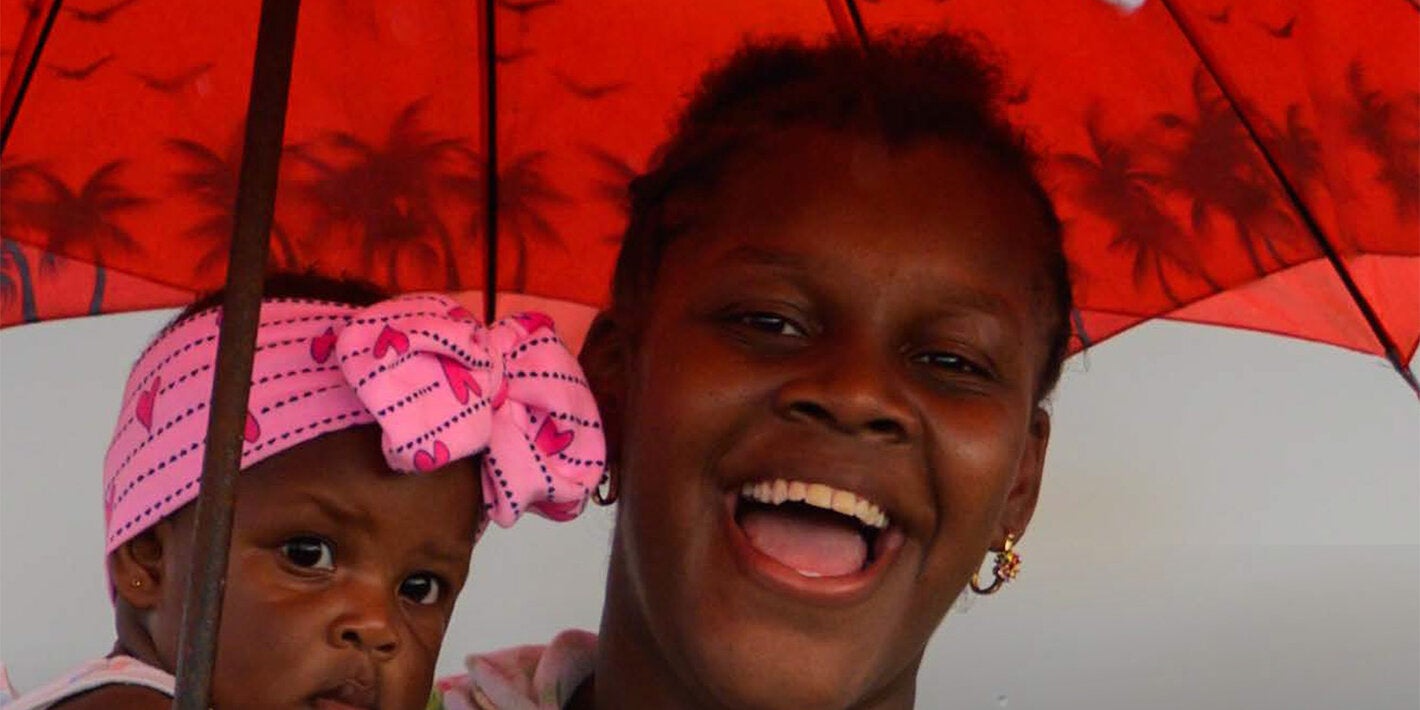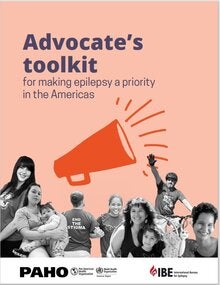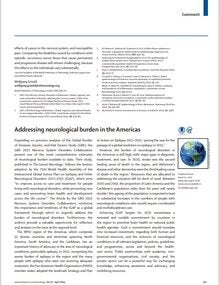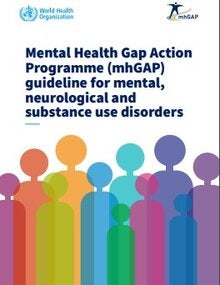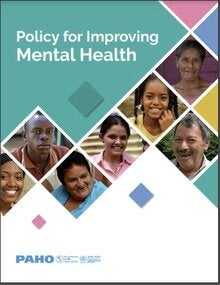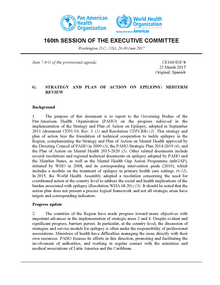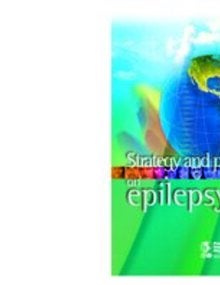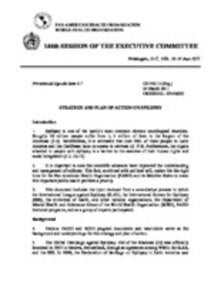Epilepsy is a chronic noncommunicable disorder of the brain, that affects people of all ages worldwide, and is characterized by a chronic predisposition to develop epileptic unprovoked seizures or convulsions. Epilepsy is one of the most common neurological disorders and it is estimated that up to 70% of people with epilepsy can live normal lives if they receive proper treatment. Epilepsy has many causes, including congenital diseases, genetic abnormalities, brain injuries (including head trauma and stroke) or brain infections. Epilepsy is not contagious, and in some people, no cause may be identified.
Common Causes
genetics
brain injury
brain infections
Epileptic seizures rsult from abnormal electrical activity in the brain and can be classified as convulsive and non-convulsive. Non-convulsive seizures are mainly characterized by alterations in the state of consciousness or behavioral manifestations, while convulsive seizures include episodes of abrupt involuntary movements, such as muscle rigidity and rhythmic shaking.
Beyond its clinical manifestations, epilepsy carries a significant psychosocial impact. People who suffer from it may face stigma, discrimination and violation of their human rights, which in some cases generates a more negative impact than the seizures themselves. In addition, epilepsy is associated with increased morbidity and mortality, attributable to both direct causes, such as status epilepticus, and indirect causes, including trauma and psychiatric comorbidities.
- Approximately 50 million people worldwide have epilepsy, making it one of the most common neurological diseases globally. Five million of them live in the Region of the Americas.
- 62% of the countries in Latin America and the Caribbean have reported having at least one anticonvulsant, but most of the time, these are only available at the secondary and tertiary levels of care, which makes it very challenging for people to access at the primary care level.
- In Latin America and the Caribbean, more than half of the people do not receive care of any kind from health services.
- Two-thirds of countries in Latin America and the Caribbean do not have a program for epilepsy care and 80% do not have appropriate legislation on epilepsy.
- Mortality from epilepsy in Latin America and the Caribbean is 1.04 per 100,000 population, higher than in the United States and Canada, where it is 0.50 per 100,00 population.
- The region has a rate of 0.7 neurologists per 100,000 population (higher than the 2010 average of 0.3). At a global level, that indicator also is lower than in the Region of the Americas (0.4).
- In Latin America and the Caribbean, more than half of people with epilepsy do not receive any form of medical care from health services.
- 51 % of countries in Latin America and the Caribbean reported having national epilepsy programs
- Epilepsy has been associated for centuries with fear, misunderstanding, discrimination, and social stigma. Still today in many countries, the quality of life for people living with epilepsy and their family members is impacted by the stigma linked with the disease.
- Consideration for psychosocial factors is essential in the Integrated management of people with epilepsy.
- Epilepsy has an impact on the economy regarding premature death, the health-care services needed and the loss of work productivity for the people living with the disorder or family members.
Because PAHO recognizes epilepsy as a major public health concern it is committed to cooperating with Member States as they work towards improving care and quality of life for people with epilepsy. In 2011, PAHO’s 51st Directing Council approved the Strategy and Plan on Epilepsy 2012-2021 (CD51.R8), which establishes four strategic action areas: programs and legislation for the care of people with epilepsy and protection of their human rights; health services network for the treatment of people with epilepsy, with emphasis on primary health care and the provision of drugs; education and sensitization of the population, including the people with epilepsy and their families; and strengthening of the ability to produce, assess, and use the information on epilepsy. The Resolution urges the Member States to take coordinated action against epilepsy and its consequences.
In November 2020, the Seventy-third World Health Assembly (WHA) adopted resolution WHA 73.10 on Global actions on epilepsy and other neurological disorders, which requested the WHO Director-General to develop an Intersectoral global action plan on epilepsy and other neurological disorders in consultation with the Member States. The action plan will address the challenges and gaps in providing care and services for people with epilepsy and other neurological disorders that exist worldwide and ensure a comprehensive, coordinated response across sectors.
Furthermore, PAHO is supporting the expansion of interventions to address the needs of people with epilepsy at primary health care (PHC), using tools such as the use of WHO’s Mental Health Gap Action Program (mhGAP). To that end and due to the limited availability of specialists in the management and treatment of epilepsy, the module on epilepsy is always prioritized in the training. In addition, virtual courses in mhGAP are now available in both English and Spanish, on the PAHO Virtual Campus for Public Health.



